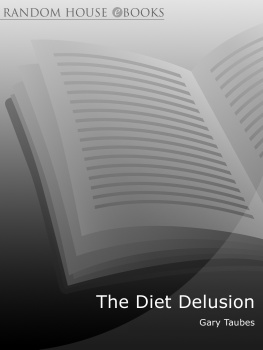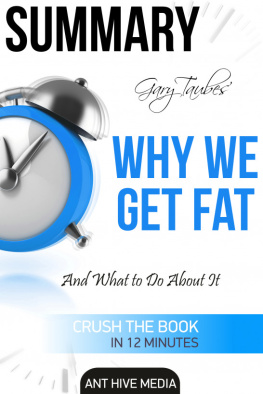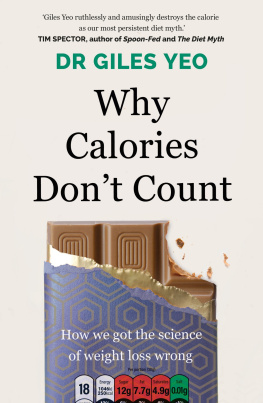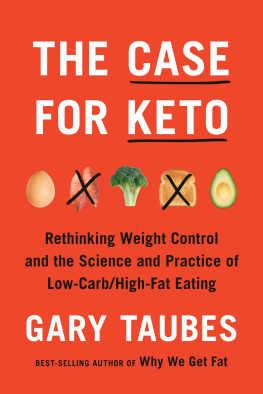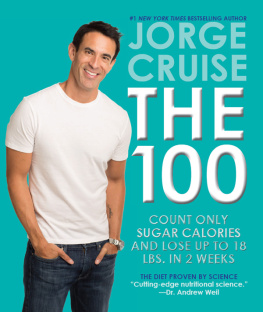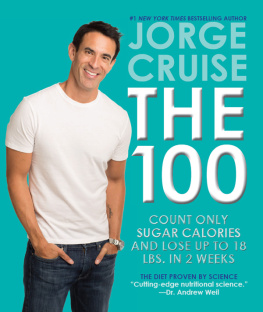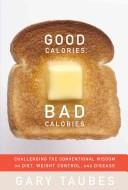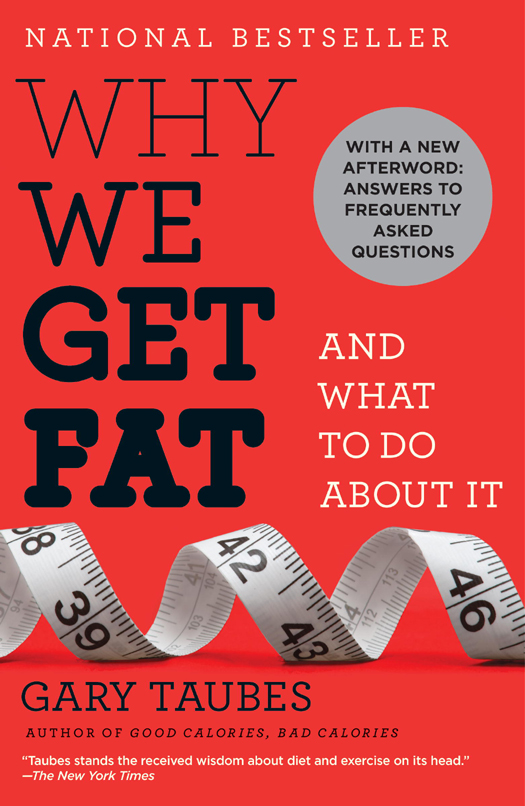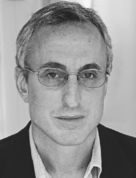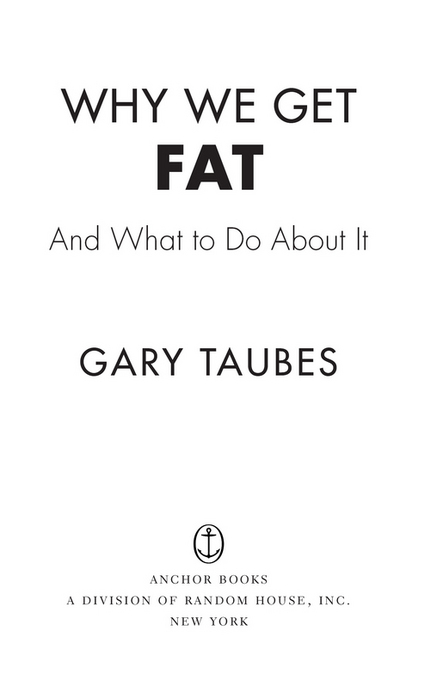Praise for Gary Taubes and
WHY WE GET FAT
Taubess critique is so pointed and vociferous that reading him will change the way you look at calories, the food pyramid, and your daily diet.
Mens Journal
Taubes is a science journalists science journalist, who researches topics to the point of obsessionactually, well beyond that pointand never dumbs things down for readers.
Scientific American
Important. This excellent book, built on sound research and common sense, contains essential information.
Tucson Citizen
This brave, paradigm-shifting man uses logic and the primary literature to unhinge the nutritional mantra of the last eighty years.
Choice
An exhaustive investigation.
The Daily Beast
Less dense and easier to read [than Good Calories, Bad Calories] but no less revelatory.
The Oregonian
Backed by a persuasive amount of detail. As an award-winning scientific journalist who spent the past decade rigorously tracking down and assimilating obesity research, hes uniquely qualified to understand and present the big picture of scientific opinions and results. Despite legions of researchers and billions of government dollars expended, Taubes is the one to painstakingly compile this information, assimilate it, and make it available to the public. Taubes does the important and extraordinary work of pulling it all together for us.
Seattle Post-Intelligencer
Clear and accessible. Taubess conviction alone makes Why We Get Fat well worth considering.
BookPage
[Taubes] is helping to reshape the conversation about what makes the American diet so fattening.
Details
Taubes is a relentless researcher.
The Washington Post Book World
[Taubess] major conclusions are somewhat startling yet surprisingly convincing. His writing reflects his passion for scientific truth.
Chicago Sun-Times
GARY TAUBES
WHY WE GET FAT
Gary Taubes is a contributing correspondent for Science magazine. His writing has appeared in The Atlantic, The New York Times Magazine, Esquire, and The Best of the Best American Science Writing (2010). He has received three Science in Society Journalism Awards from the National Association of Science Writers, the only print journalist so recognized. He is currently a Robert Wood Johnson Foundation Investigator in Health Policy Research at the University of California, Berkeley School of Public Health. He lives in Oakland.
www.garytaubes.com
ALSO BY GARY TAUBES
Good Calories, Bad Calories:
Challenging the Conventional Wisdom on Diet,
Weight Control, and Disease
Bad Science:
The Short Life and Weird Times of Cold Fusion
Nobel Dreams:
Power, Deceit and the Ultimate Experiment
FIRST ANCHOR BOOKS EDITION, DECEMBER 2011
Copyright 2010, 2011 by Gary Taubes
All rights reserved. Published in the United States by Anchor Books, a division of Random House, Inc., New York, and in Canada by Random House of Canada Limited, Toronto. Originally published in hardcover in slightly different form in the United States by Alfred A. Knopf, a division of Random House, Inc., New York, in 2011.
Anchor Books and colophon are registered trademarks of Random House, Inc.
This book is not intended as a substitute for medical advice of physicians. The information given here is designed to help you make informed decisions about your health. However, before starting the dietary recommendations in this book or any other diet regimen, you should consult your physician.
The Library of Congress has cataloged the Knopf edition as follows:
Taubes, Gary.
Why we get fat and what to do about it / Gary Taubes.
p. cm.
1. Low-carbohydrate diet. 2. Weight loss. 3. ObesityEtiology. I. Title.
RM237.73.T39 2011
613.712dc22
2010034248
eISBN: 978-0-307-59551-5
Author photograph Kristen Lara Getchell
www.anchorbooks.com
Cover photograph by Mark Dye
Cover design by Barbara de Wilde
v3.1_r2
To Nicholas Norman Taubes
CONTENTS
Afterword to the Anchor Edition:
Why Do We Get Fat Answers to
Frequently Asked Questions
AUTHORS NOTE
This book has been in the works for more than a decade. It began with a series of investigative articles that I wrote for the journal Science and then the New York Times Magazine on the surprisingly dismal state of nutrition and chronic-disease research. It is an extension and distillation of the five years of further research that became my previous book, Good Calories, Bad Calories (2007). Its arguments were honed in lectures at medical schools, universities, and research institutions throughout the United States and Canada.
What I tried to make clear in Good Calories, Bad Calories was that nutrition and obesity research lost its way after the Second World War with the evaporation of the European community of scientists and physicians that did the pioneering work in those disciplines. It has since resisted all attempts to correct it. As a result, the individuals involved in this research have not only wasted decades of time, effort, and money but have done incalculable damage along the way. Their beliefs have remained impervious to an ever-growing body of evidence that refutes them while being embraced by public-health authorities and translated into precisely the wrong advice about what to eat and, more important, what not to eat if we want to maintain a healthy weight and live a long and healthy life.
I decided to write Why We Get Fat largely because of two common responses that I receive to Good Calories, Bad Calories.
The first comes from those researchers who made an effort to understand the arguments in Good Calories, Bad Calories, who read the book or listened to one of my lectures or discussed these ideas with me directly. Im often told by these people that what Im saying about why we get fat, and about the dietary causes of heart disease, diabetes, and other chronic diseases, makes significant sense. It certainly could be right, they say, with the unspoken implication that what weve been told for the past half-century certainly could be wrong. We all agree that these competing ideas should be tested.
I believe, though, that this is an urgent matter. If so many people are getting fat and diabetic in large part because weve been getting the wrong advice, we should not be dawdling about determining that with certainty. The disease burdens of obesity and diabetes are already overwhelming not only hundreds of millions of individuals but our health-care systems as well.
Even if these researchers do see the need to address the problem immediately, though, they have obligations and legitimate interests elsewhere, including being funded for other research. With luck, the ideas discussed in Good Calories, Bad Calories


